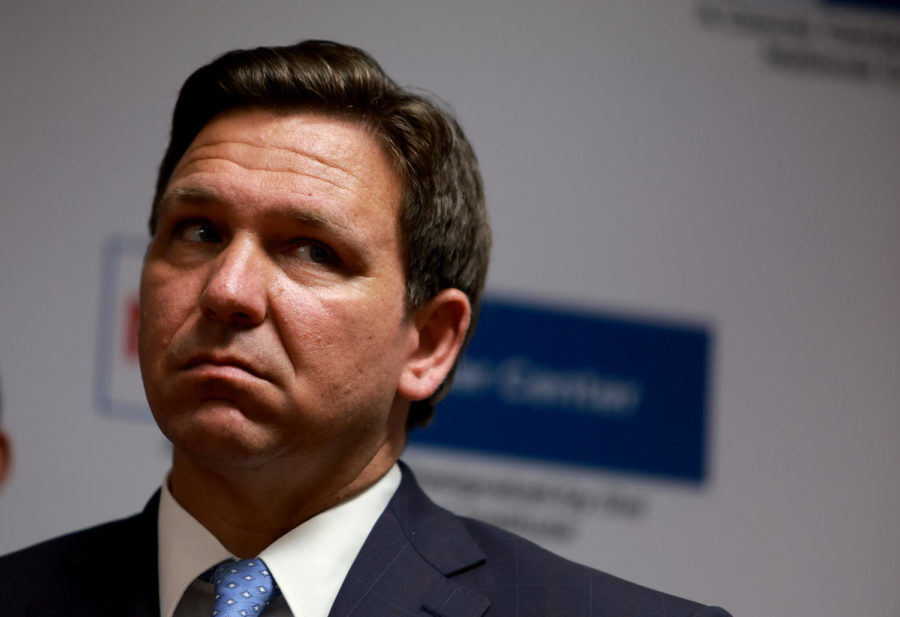College Board and DeSantis
March 13, 2023
When the College Board announced its new Advanced Placement course in African American studies, it attempted to cover one of the more complex histories of the United States: the story of black Americans. Yet, piloting a course in the history of race, one of the most charged topics of this nation, would also invite heavy criticism and controversy from conservatives sensitive to how race-related issues are taught in schools.
In late January 2023, Florida Governor Ron DeSantis, a Republican planning on running for president in 2024, announced that he would ban the AP African American Studies curriculum for its historical inaccuracies and violation of anti-“woke” laws, which prohibits teaching how race relations have largely shaped a person’s status as privileged or oppressed.
As the tense battle between the College Board and DeSantis unfolded, new conflicting details emerged on communications with Florida over the course framework. While the Florida Department of Education claimed to have first questioned the legality of the AP course under state law in late January 2022, the College Board asserted that its final revisions in December 2022 were “weeks before Florida’s objections were shared.”
In early February, the College Board labeled the DeSantis administration’s comments that the new course “lacks educational value” as “slander,” in addition to arguing that its organization never negotiated with Florida or any other state on the course’s content. However, the nonprofit then released an updated course framework that cut out some 19 topics from the original content, including Black Queer Studies and Black Lives Matter. Instead, the College Board revised these topics as optional ideas for a mandatory 1,500-word project. While Florida has expressed its gratitude to the Board for excluding “discriminatory and historically fictional topics,” the revision caused an uproar among Democrats.
While Florida’s push for such revisions has triggered a serious political debate, it’s easy to forget that aside from its political aspect, education in the US has ultimately been threatened. If efforts to expand the scope of history receive this magnitude of criticism from conservatives, for something as vital as African American history, the future of US education is undoubtedly grim.
































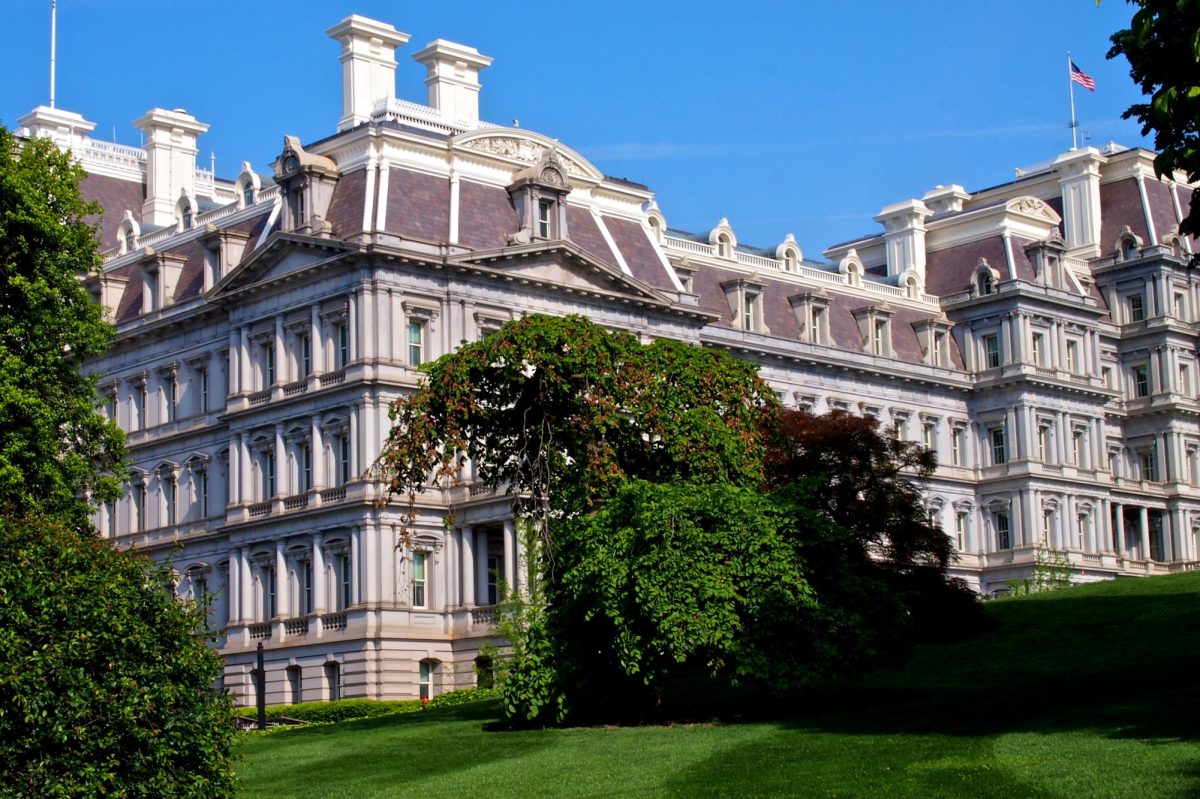



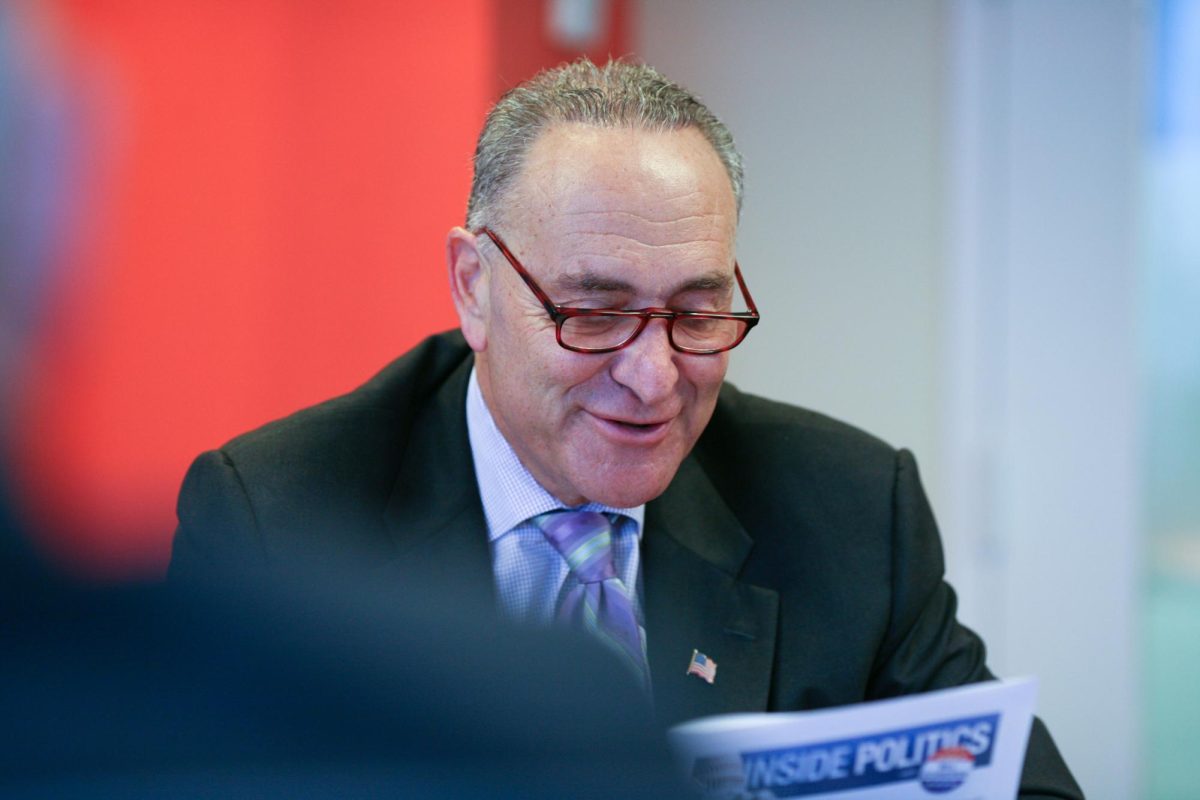




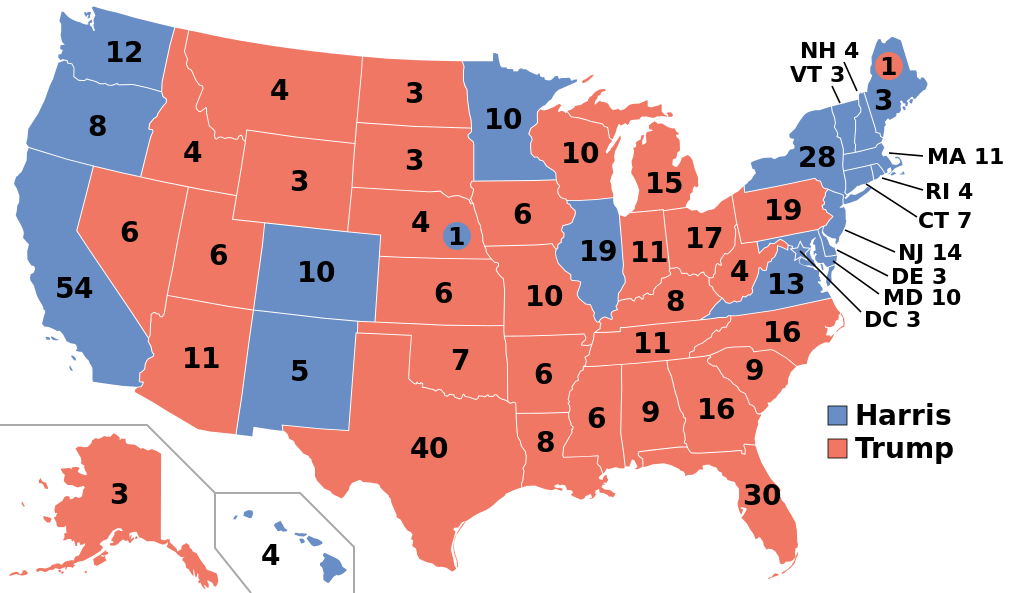
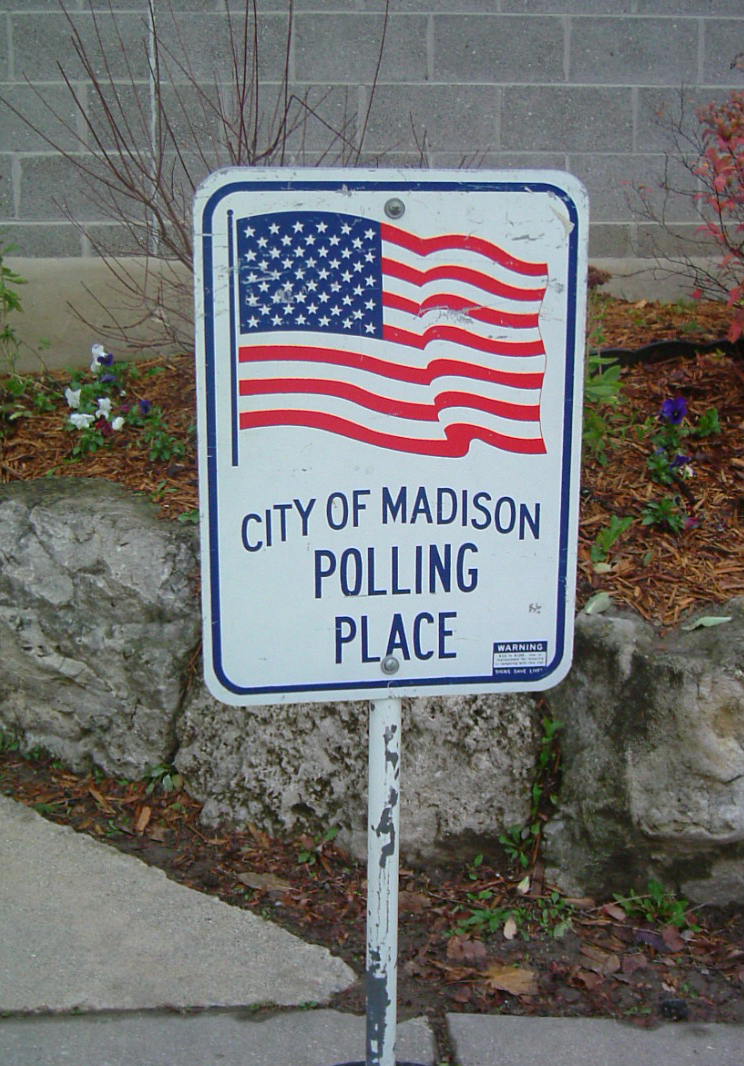






![Image credit to [puamelia]](https://memorialswordandshield.com/wp-content/uploads/2025/08/3435027358_ef87531f0b_o-1200x803.jpg)


